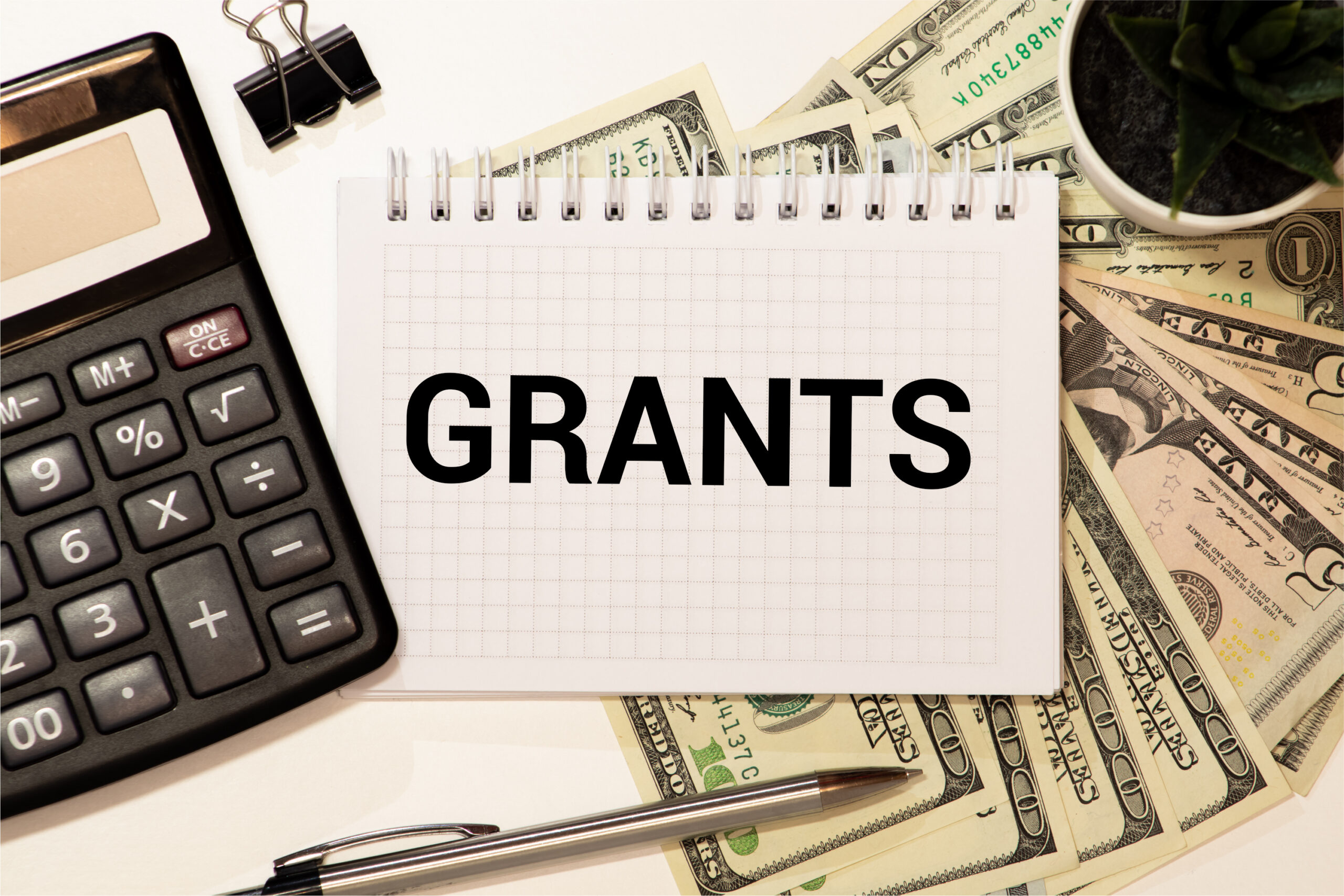I’m excited to share my thoughts on a topic that can feel a bit tricky at first—charging for grant writing services. Many talented grant writers struggle with finding the right pricing model, and I’m here to help clear up some of that confusion.
I know how important it is to value your time and skills, and I hope that by the end of this post, you’ll feel more confident in setting your rates.
Grant writing is a specialized skill that requires a good grasp of research, storytelling, and budgeting. You might be helping nonprofits, educational institutions, or small businesses secure funds that make a huge difference in their missions.
At its core, grant writing is about creating a compelling narrative that convinces funding organizations to invest in a project. It’s both an art and a science, and getting paid appropriately for your work is key to sustaining your business.
Understanding the Basics of Grant Writing
Before diving into pricing, it helps to remember what grant writing involves. It isn’t just about putting words on paper. Grant writing means:
- Researching potential funders: Finding organizations whose missions align with your client’s goals.
- Understanding guidelines: Each grant comes with specific rules, deadlines, and required formats.
- Crafting a clear proposal: This means writing a story that explains the project, its benefits, and how it will be executed.
- Budget planning: Including detailed cost breakdowns and demonstrating financial responsibility.
Each of these steps requires time, skill, and dedication. When you charge for your services, you’re not only selling your writing but also your ability to secure funding—a process that can have a big impact on your client’s future.
Just Before You Go
Empower individuals to overcome barriers, gain essential skills, and secure gainful employment through our proven programs—KeelMaster, KeelWings, and KeelMate. Your support can spark change and build brighter futures.
Donate NowFactors That Affect Your Pricing
Several factors play a role in how much you might charge for grant writing. Here are some key considerations:
Experience and Expertise:
If you have years of experience and a strong track record, you can justify higher rates. Newer writers might start with lower fees to build their portfolios.
Complexity of the Grant:
Some grants are simple and require minimal research, while others may involve multiple stakeholders and detailed budgets. More complex projects take longer and often cost more.
Time Commitment:
How many hours or days will you need to dedicate? Some projects are short and straightforward, while others could take several weeks or even months.
Market Rates:
Look around at what others in your area or niche are charging. According to the Grant Professionals Association, rates can vary widely, with some professionals charging as much as $100 to $150 per hour. In some cases, flat fees or retainer models might be more suitable.
Additional Services:
Some clients might need help with follow-up reporting or additional documentation. These extras should be factored into your overall rate.
Common Pricing Models
There isn’t a one-size-fits-all approach when it comes to pricing. Many grant writers use one of these models:
Hourly Rate:
You charge for every hour you spend working. This is a straightforward method and is great for projects where the workload is uncertain. Many experienced writers charge between $50 and $150 per hour.
Flat Fee:
You set a single price for the entire project. This can be attractive to clients who prefer to know the total cost upfront. Just make sure you accurately estimate the time and effort required.
Retainer:
Some clients need ongoing support. In this case, a monthly retainer fee covers a set number of hours or tasks.
Performance-Based:
Although less common, some grant writers tie their fee to the success of the grant application. This might include a bonus if the grant is awarded. However, it can be risky because many factors affect the outcome of grant proposals.
Each pricing model has its pros and cons. I’ve seen that many clients appreciate the predictability of a flat fee, while others prefer the flexibility of an hourly rate. The right choice depends on the specific project and the client’s needs.
Tips for Setting Your Rates
Here are some practical tips I follow to set fair and competitive rates:
- Calculate Your Base Rate: Start by determining how much you need to earn per hour. Factor in your living expenses, business costs, and the value of your time.
- Factor in Non-Billable Hours: Not all work is billable. Time spent on marketing, client meetings, and administrative tasks should be included when calculating your overall rate.
- Review Your Past Projects: Look at previous grants you’ve written. How many hours did they take? What was the outcome? Use this information to help estimate future projects.
- Don’t Undersell Yourself: It can be tempting to offer lower rates to attract clients, especially when you’re starting out. However, setting rates too low can make it hard to raise them later and might lead clients to undervalue your work.
- Be Clear with Clients: Transparency is key. Outline what your fee covers and how additional tasks might be charged. This can prevent misunderstandings down the road.
How to Present Your Services to Clients
Talking about money can feel awkward, but being open and honest builds trust. Here’s how I approach the conversation:
- Explain the Process: Share the steps you take in crafting a grant proposal. This helps clients see the effort involved.
- Provide Examples: Use past successes to demonstrate your value. If you have testimonials or case studies, include them on your website or in your pitch.
- Be Flexible: Sometimes, clients have budget constraints. Consider offering different pricing packages that can accommodate a range of needs.
- Follow Up: After presenting your rates, give the client some time to ask questions. Follow-up conversations can clarify expectations and build a stronger relationship.
FAQs
How do I know if my hourly rate is competitive?
I recommend researching local market rates and considering your level of experience. If you’re just starting out, you might charge on the lower end until you build a portfolio. For more experienced grant writers, higher rates are usually justified by proven success.
Is a flat fee better than an hourly rate?
It depends on the project. A flat fee gives clients a clear idea of what they will pay upfront, while an hourly rate offers flexibility if the project scope changes. I often choose the model that best fits the client’s needs and the complexity of the project.
Should I charge for follow-up work after the grant is submitted?
Yes, follow-up tasks like reporting or responding to funder feedback can take additional time. I always include these potential tasks in my initial discussion and pricing to avoid surprises later.
How do I handle revisions or extra work?
I suggest including a clause in your contract that specifies the number of revisions included in your fee. If the client requests more changes, those should be billed separately. Clear communication up front can prevent conflicts.
Can I charge a performance bonus if the grant is awarded?
Some grant writers include a performance bonus, but this can be risky because many factors influence the grant outcome. If you choose to do so, be clear about the terms in your agreement.
Further Resources
If you’re looking to learn more about setting rates and managing your grant writing business, here are some helpful resources:
- Grant Professionals Association: This site offers industry insights and networking opportunities. Check out their membership page for more details.
- Freelancers Union: A great resource for freelancers in any field. Their articles on pricing and contracts can provide valuable guidance.
- Small Business Administration (SBA): The SBA offers tips on pricing, managing finances, and setting up contracts, which can be useful for anyone running a freelance business.
- Online Courses: Platforms like Udemy and Coursera offer courses on grant writing and freelance business management. These can be a good way to boost your skills and confidence.
Final Thoughts
Figuring out how to charge for grant writing services isn’t always straightforward. Each project is unique, and the right price can depend on many factors, like your experience, the project’s complexity, and the client’s needs. I believe that clear communication and a solid understanding of your own value are the keys to success.
By taking the time to evaluate your own skills, researching market rates, and being transparent with your clients, you can set prices that feel fair to both you and the people you help.
It might take a little trial and error at first, but every step is a learning experience that helps you refine your approach.
I’ve found that talking to other grant writers and seeking advice from online communities can also provide useful insights. Remember, you’re not alone in this journey, and every grant writing project adds to your expertise.
As you continue to build your portfolio and gain more confidence in your work, setting your rates will become a natural part of your process.
How do you feel about your current approach to pricing? Are there any challenges you face when trying to determine the right fee for your work?
I invite you to share your thoughts or questions as I continue to explore the best practices in charging for grant writing services.
What are your experiences with pricing your grant writing projects, and do you have any tips to share on how to charge for grant writing services?
Just Before You Go
Empower individuals to overcome barriers, gain essential skills, and secure gainful employment through our proven programs—KeelMaster, KeelWings, and KeelMate. Your support can spark change and build brighter futures.
Donate Now


